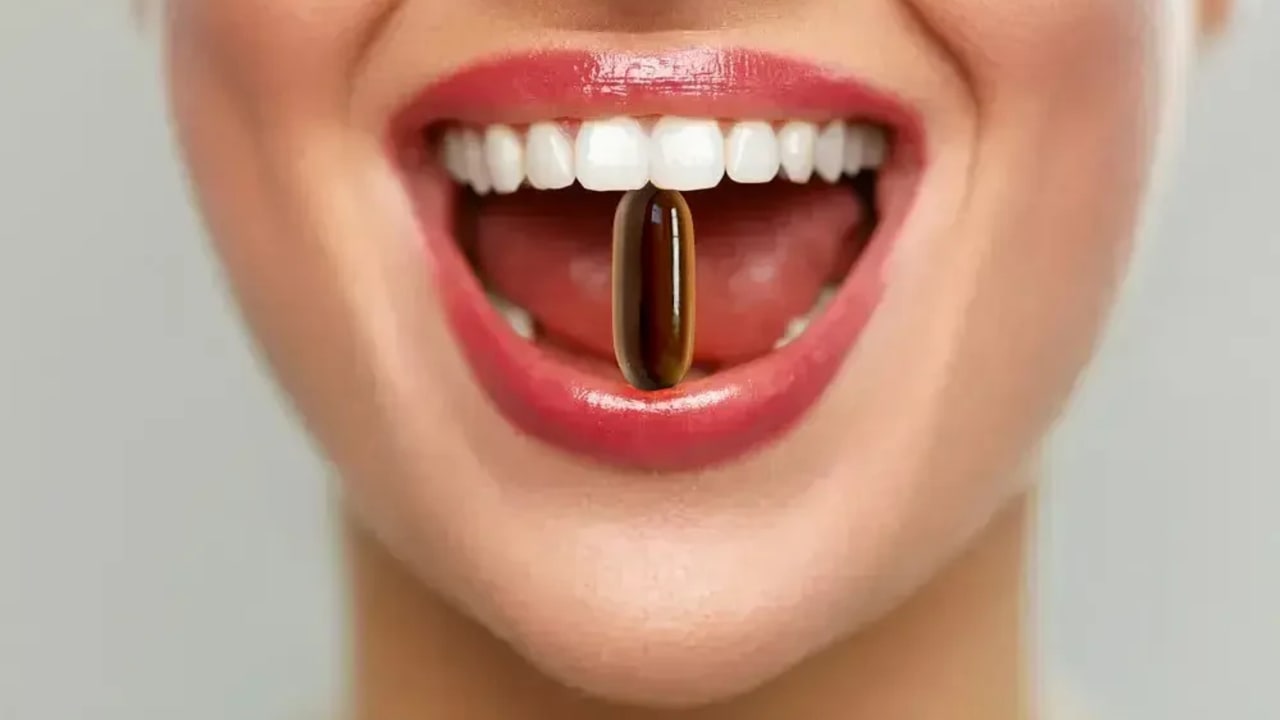Jerusalem Post
ByDR. MAYA ROSMAN
Vitamin E is much less known than its siblings, but it is no less significant. From improving memory, through attention functions, to stopping cognitive decline—here’s everything it can do for you.
For decades, Vitamin E has been considered mainly a vitamin for the skin, for antioxidants, for beauty—perhaps also for heart health. But under the radar, without much publicity, it plays a key role in maintaining brain function: Memory, attention, and even slowing processes of cognitive decline in older age.
One of the largest studies in the field found that low levels of Vitamin E in the blood are linked to a 60% increase in the risk of memory decline. And yet—most people do not reach the recommended daily intake.
For example: In a U.S. nutrition survey, 88.5% of the population received less than the EAR (Estimated Average Requirement) of Vitamin E. Similar results were found in surveys in Ireland—especially among young women: Only 68% reached the recommended content, even including supplements. For most people, this isn’t an extreme deficiency but a common state—which turns the deficiency into a real problem.
In recent years, interest in Vitamin E has grown not only thanks to its external benefits but also due to its potential ability to slow cognitive aging processes—and possibly even reduce the risk of dementia and Alzheimer’s. Like other antioxidant vitamins, Vitamin E helps neutralize free radicals—harmful molecules that accumulate in the body and can cause premature aging, inflammation, and neurodegenerative diseases.
How Vitamin E Protects Brain Cells
Vitamin E helps maintain the integrity and flexibility of cell membranes, protects the nervous system, reduces inflammatory processes, and supports the health of blood vessels and eyes.
Studies indicate that its antioxidant activity may help slow cognitive decline in old age:
• A large study published in JAMA Neurology found that high Vitamin E intake—whether from food or supplements—is associated with slower mental decline in older adults.
• Similar findings were seen in a broad meta-analysis of 15 studies: Researchers found that high Vitamin E intake reduced the risk of dementia by 21%, and Alzheimer’s by 22%.
• One of the largest studies in the field, the Shanghai Aging Study, tracked about 1,550 older adults without dementia over five years—and found that those with low dietary Vitamin E intake had a 2.3 times higher risk of developing dementia compared to those with higher intake.
• Additionally, in a long-term study called the Memory and Aging Project, a strong correlation was found between blood levels of α-tocopherol and a slower rate of cognitive decline.
Where Is Vitamin E Found in the Diet?
Vitamin E is an important antioxidant found mainly in high-quality fatty sources: Nuts, seeds, certain vegetable oils, and dark green vegetables. Especially high amounts are found in unprocessed plant-based foods.
The daily recommendation for adults: 15 mg alpha-tocopherol (α‑tocopherol) per day = about 22 IU units.
Top sources of Vitamin E:
Sunflower seeds (shelled, not roasted) – about 26 mg per 100 grams (1 heaping tablespoon = 2.5 mg, about 17% of the recommendation)
Natural almonds – about 25 mg per 100 grams (a handful of almonds – about 30 grams – provides about 7.5 mg = 50% of the daily amount)
Hazelnuts – also about 25 mg per 100 grams (small handful – about 6–7 mg)
Wheat germ oil – world champion: About 150 mg per 100 grams (1 tablespoon = about 20 mg – above the daily recommendation!)
Other good sources:
Cold-pressed sunflower oil – 41 mg per 100 grams (about 6 mg per tablespoon)
Extra virgin olive oil – about 12–14 mg per 100 grams (about 2 mg per tablespoon)
Avocado – 2–2.5 mg per 100 grams (¼ medium avocado = about 1.5 mg)
Cooked spinach – about 2 mg per 100 grams
Kale – about 1.5 mg per 100 grams
Baked sweet potato with peel – about 1 mg per medium unit
Kiwi – 1.5 mg per 100 grams
Mango – 0.9 mg per 100 grams
Pistachios – 2.5 mg per 100 grams
Eggs (yolk) – about 0.5 mg per unit
Salmon – 1.0–1.5 mg per 100 grams
Should You Take a Supplement?
Those who consistently include nuts, seeds, green vegetables, and healthy oils in their diet will usually get the required amount from food. However, there are situations in which Vitamin E supplementation is necessary, for example:
• A very low-fat diet
• Absorption problems in the digestive system (such as celiac, Crohn’s, or liver diseases)
• Proven deficiency in blood tests
In such cases, consult a doctor or certified dietitian before starting supplementation.
Tip: Since Vitamin E is fat-soluble—it’s important to combine it with a bit of fat in the diet (even a drop of olive oil or a few nuts) to improve absorption.
What does that mean in practice? Don’t skip a teaspoon of olive oil in your salad or some tahini with your vegetables—they not only enhance the flavor but also help the vitamin absorb properly. And don’t forget: the more processed a food is—the lower its Vitamin E concentration usually is.
To subscribe to Dr. Maya Roseman's newsletter—articles, tips, and health advice delivered directly to your email at no cost, click here.











